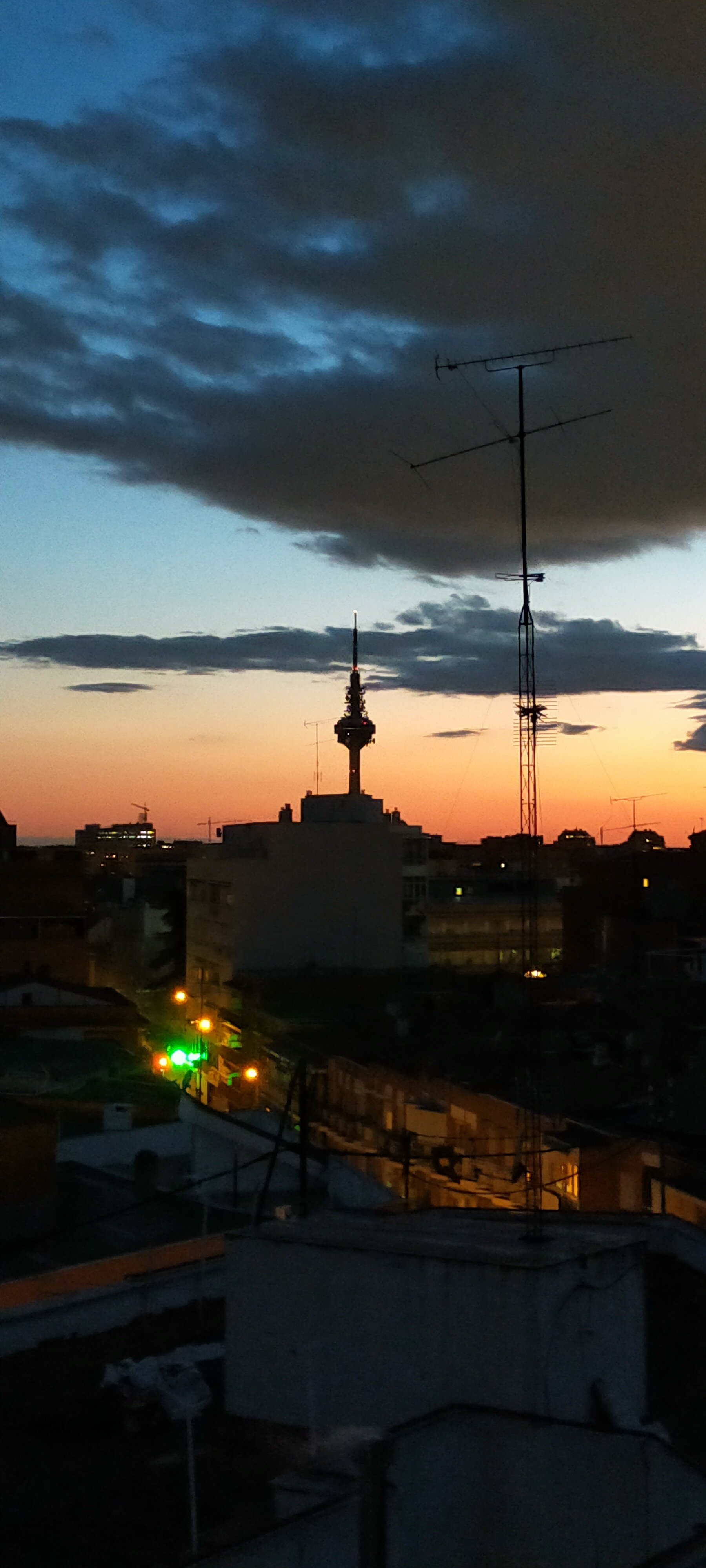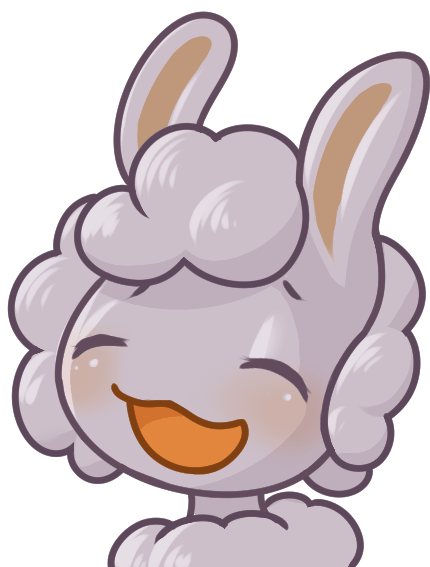Aside from the few that found a very still pond and figured it was worth looking at.
It’s funny you say that, because I was just watching a video of great apes looking at themselves in a mirror that scientists set up in the jungle. Once they got over the fear and realized they were seeing themselves, one of the things multiple apes did was look at their assholes.
They tried to look at every part of their body. Yes, this includes the asshole.
Very curious that you thought about the fact that early humans had never seen their own assholes, as opposed to their faces.
reflection in water
…you mean the exact situation mention in the OP?
It would be common to see still water and your own reflection
Less common that someone would position themselves in such a way they can see their asshole clearly in it without disturbing the surface.
What do I know? Maybe they made little foot jetties just so they could stand above the water and gaze wistfully in into their own rectums on still days?
You know, there was this one carpenter who could walk on water…
i did not read that bestie ☺️💞💞
I’m sure you could also see your butthole in water reflections, too. Also just being flexible.
Even after mirrors were invented, I still haven’t seen mine…
The view is shitty.
Be glad, you won’t have to see a brown eye staring back at you.
deleted by creator
I’ve seen my own asshole, it’s not a particularly interesting view. I much prefer seeing someone else’s.
I wonder if a human back then used the reflection from water at a lake or pond to see what their asshole looked like.
Remember that the first mirrors were made from metal and polished volcanic glass.
Which means mirrors or mirror substitutes were always available to us even before we made metal tools as long as we could source obsidian. Granted you’d have to actually live near an active volcano for the latter.
However you aren’t wrong! A cheap way to make “mirrors” in the old time is to just take a flat bowl with mud lining the bottom and have water on top. This was used when volcanic rock of polished stone/metal was not readily available!
Or their own bald spot.
Unless they look at their reflection in the water.
deleted by creator
If it were real it would be a solid
Uhm… any reflective surface like water would do though?












